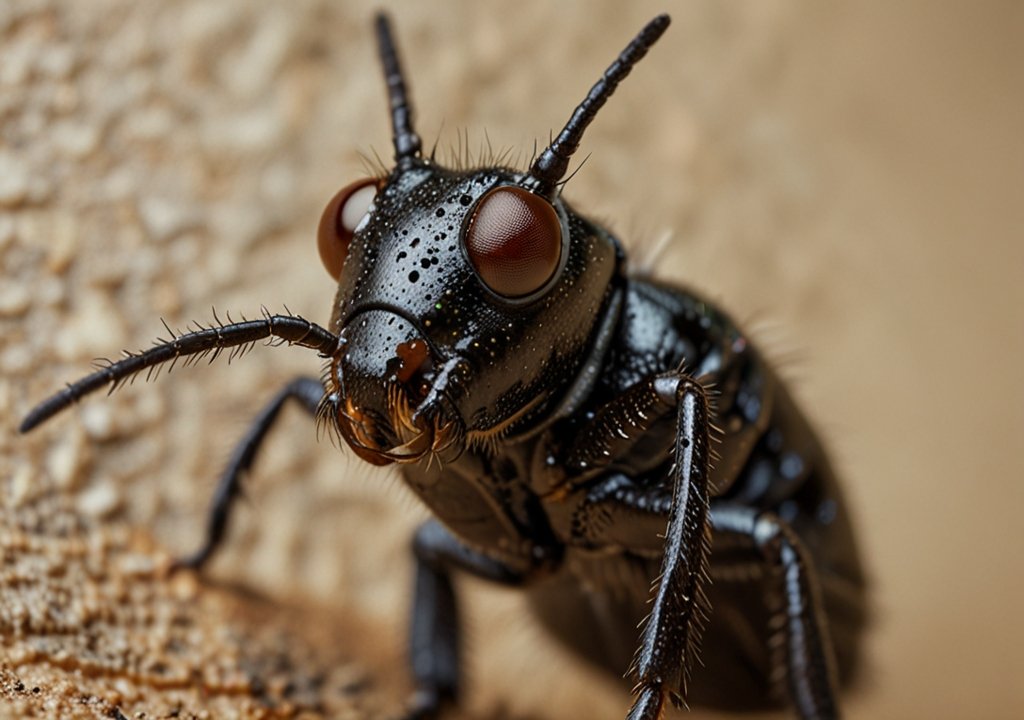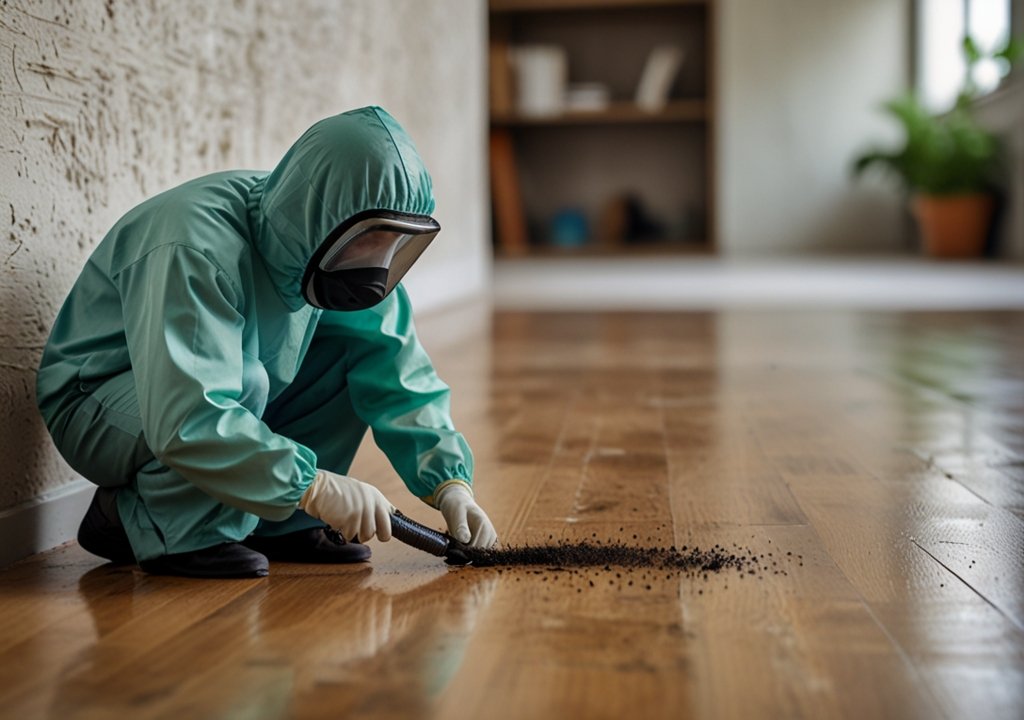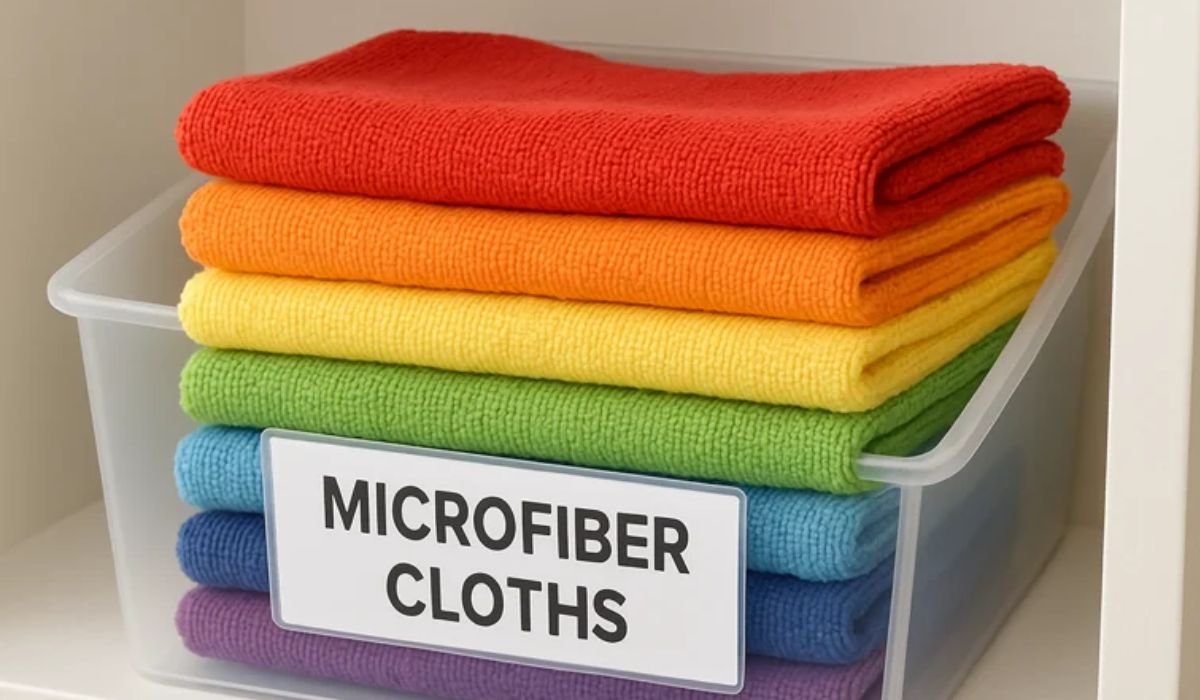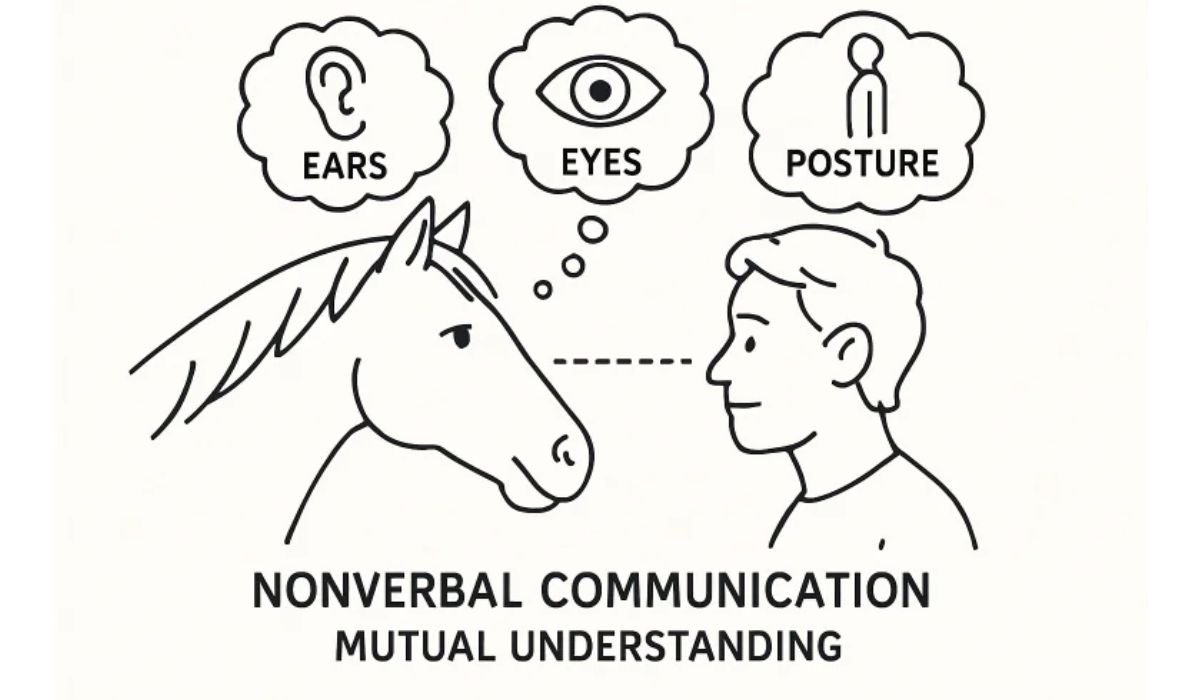If: A Cockroach Darts Across Your Kitchen Floor…
You freeze. Again? Just last week, it was ants swarming the sugar jar. Pests aren’t just nuisances—they’re invaders threatening your home’s sanctity. But what if you could turn your space into an impenetrable fortress? Welcome to the ultimate guide on how to keep your home pest-free—no harsh chemicals or costly exterminators required. Let’s reclaim your peace, one proactive step at a time.
Why Pests Move In (And How to Make Them Uninvited)
Pests aren’t picky. They seek three things: food, water, and shelter. A crumb-laden countertop or a leaky pipe becomes a five-star hotel for critters.
Key Attractants:
- Unsealed food containers
- Standing water (think plant saucers or clogged gutters)
- Cracks in walls/windows
- Overgrown shrubs near the house
The 4 Pillars of a Pest-Free Home
1. Seal Entry Points: Build a No-Entry Zone
Pests exploit gaps as small as a dime.
Action Steps:
- Weatherstrip doors/windows
- Install door sweeps
- Caulk cracks in walls, foundations, and around pipes
- Repair torn window screens
Pro Tip: Use steel wool to block rodent entry points—they can’t chew through it!
Infographic: Common Entry Points
| Pest | Entry Point | Sealing Solution |
|---|---|---|
| Ants | Cracks in foundation | Silicone caulk |
| Mice | Gaps under doors | Door sweeps + steel wool |
| Cockroaches | Plumbing vents | Mesh screens |
2. Eliminate Food Sources: Starve Them Out
Even crumbs matter.
Strategies:
- Store food in airtight containers (glass or thick plastic)
- Clean spills immediately with vinegar (a natural ant deterrent)
- Take out trash daily and use bins with tight lids
- Pet food: Don’t leave bowls out overnight
Real-World Example: When Sarah switched to sealed jars for flour and sugar, ant invasions dropped by 90%.
3. Control Moisture: Cut Off Their Water Supply
Dampness attracts pests like mosquitoes, termites, and silverfish.
Fix These Hotspots:
- Leaky faucets/pipes
- Clogged gutters
- Basement humidity (use a dehumidifier)
- Overwatered plants
4. Natural Deterrents: Harness Nature’s Defenses
DIY Pest Repellents
| Pest | Natural Solution | How to Use |
|---|---|---|
| Ants | Peppermint oil + water spray | Spray along trails and entry points |
| Spiders | Citrus peels or vinegar | Wipe windowsills and corners |
| Mosquitoes | Basil or lavender plants | Place near windows and doorways |
| Mice | Cloves or cayenne pepper | Sprinkle near suspected entry areas |
Note: Essential oils (e.g., tea tree, eucalyptus) deter pests but avoid direct contact with pets.
When to Call a Professional: Signs You’re Outmatched

DIY has limits. Act fast if you spot:
- Structural damage (e.g., chewed wires, hollow-sounding wood = termites)
- Nests or colonies (wasp nests, rodent burrows)
- Frequent sightings despite preventive measures
Case Study: After weeks of failed traps, Jake discovered a hidden mice nest in his attic. A pro sealed the home and used eco-friendly bait stations, resolving the issue in 48 hours.
Seasonal Pest Control: Adapt Your Strategy
Spring/Summer:
- Ants/Mosquitoes: Clear standing water; trim vegetation.
- Flies: Install UV light traps outdoors.
Fall/Winter:
- Rodents: Seal cracks before temperatures drop.
- Cockroaches: Inspect heating ducts (they seek warmth).
Debunking 3 Pest Control Myths
- “Cheese is the best mouse bait.”
Truth: Peanut butter is more effective—it’s stickier and scent-heavy. - “A clean home never has pests.”
Truth: Even spotless homes can attract pests via plants or structural gaps. - “Ultrasonic repellents work for all pests.”
Truth: Studies show mixed results; they’re less effective against rodents.
FAQs
1. Does peppermint oil really repel spiders?
Yes! Spiders hate the scent. Mix 10 drops with water in a spray bottle and apply to corners.
2. Are DIY pesticides safe for pets?
Some can be toxic. Opt for pet-safe options like diatomaceous earth (for ants) or consult a vet.
3. How often should I inspect my home for pests?
Seasonally. Check entry points, storage areas, and basements every 3 months.
4. Can pests cause health issues?
Absolutely. Cockroaches trigger allergies; mosquitoes carry diseases like Zika.
5. What’s the #1 mistake homeowners make?
Ignoring small cracks. A gap the width of a pencil can invite mice.
Final Thoughts: Your Home, Your Sanctuary
Pest-free living isn’t about perfection—it’s about proactive, consistent habits. Start today:
- Audit your home for entry points and food sources.
- Pick 2 natural remedies to implement this week.
- Schedule seasonal maintenance (e.g., gutter cleaning).
Remember, pests are opportunists. By stripping away their opportunities, you create a haven that’s yours alone.
YOU MAY ALSO LIKE











